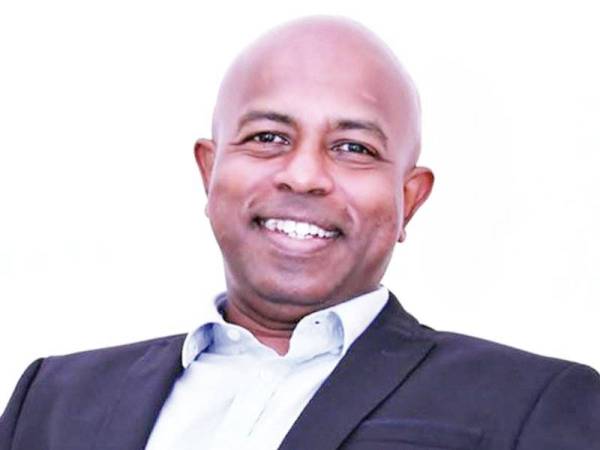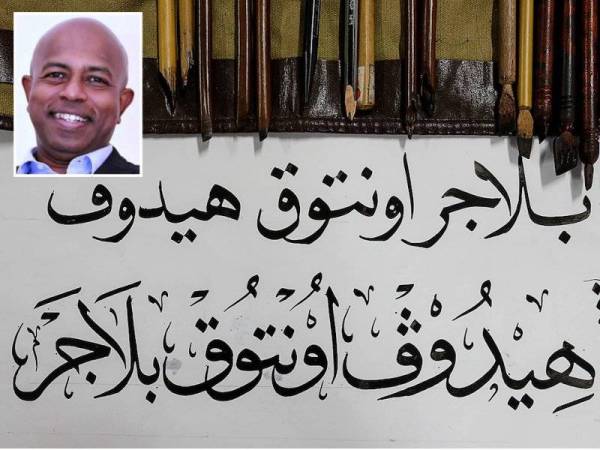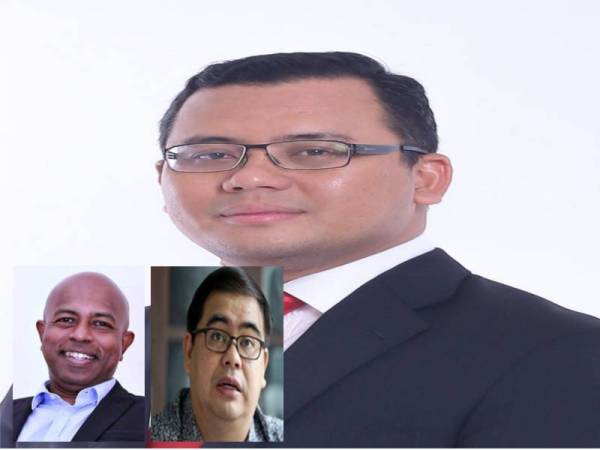“The political manoeuvrings behind closed doors where the direction of the country, especially the transition of power, is being decided by a few, doesn’t augur well with the spirit of PH.
Ahmad Fauzi also cautioned on alleged attempts to form secret pacts to oppose the ruling government, saying that this can lead to political turmoil and chaos.
“If these dark forces are successful in forging their alliances behind secret pacts, whether in PH or BN... then Malaysia will tumble into chaos. May God save the country,” he said.
Senior fellow of the Singapore Institute of International Affairs, Oh Ei Sun said the issue of unchecked wealth gap among different socioeconomic groups is another crucial matter in need of attention.
“If PH doesn’t devise effective plans to ensure that the fruits of its labour are more evenly distributed across socioeconomic strata, it will soon find itself mired in double jeopardy.
“The rich will tend to gravitate more to the current Opposition, especially Umno, for the ‘good old days’ of collusion between politicians and businessmen, for the benefit of both, but not the masses,” he said when contacted.
Oh also warned of a possible voting pattern concentrated along racial-lines among the poor, as a consequence.
“Many of the poor will be more attracted to the extremist religious appeal of PAS. In either case, it will add to PH’s woes, as it in the first place did not enjoy the wide support of the majority conservative voters,” he said.
Senior fellow of the Singapore Institute of International Affairs Oh Ei Sun warned of a possible voting pattern concentrated along racial-lines among the poor if PH doesn’t devise effective plans to ensure that the fruits of its labour are more evenly distributed across socioeconomic strata.― Picture by John Bunyan Oh’s sentiment resonated with that of Dr P. Sivamurugan from USM, who also projected a race-based voting interest in the 15th general election, adding that PH must reflect on its election manifesto.
However, Sivamurugan felt that it would still not be a walkover for Umno, even with misgivings over PH’s dismal performance, given Barisan Nasional’s own baggage.
“PH is facing a crisis of confidence and trust. It’s a wakeup call for PH to revisit their manifesto and look into factors that contributed to their win.
“Next election will be tough for both if held tomorrow.
“At some constituencies, and depends how it’s played during campaigning period,” he said to a question on the prediction of increased race-centred votes.
On Wednesday, PPBM’s policy and strategy bureau chief Datuk Rais Husin Mohamed Arif said that the PH government is in serious danger of losing the next general elections, as they appear to have stopped listening to the public after one year in Putrajaya.
He had said that PH needs to address five key issues if it is to retain its hold on power, pointing to the cost of living, quality of living and jobs as the main unaddressed issues.
Rais also trained his guns on the Cabinet’s focus on bringing in Indonesia-based motorcycle e-hailing service provider, Go-Jek, which he lamented would only work towards the creation of a low-income nation, as opposed to the government’s vision.
Prime Minister Tun Dr Mahathir Mohamad has admitted weakness in communicating the success of its policies as the reason behind PH’s dwindling popularity among the public.
Political analyst Prof Azmi Hassan says that what is currently afflicting PH is a case of a sore lack of ideas in devising policies, as opposed to the habit of not listening to the public.
Prime Minister Tun Dr Mahathir Mohamad has admitted weakness in communicating the success of its policies as the reason behind PH’s dwindling popularity among the public.— Picture by Yusof Mat Isa Azmi also agreed with Oh and Sivamurugan that PH would lose in the national polls if it is held immediately, however he felt this would still not guarantee a comeback for Umno.
“When Rais used the flying car and Go-Jek examples to demonstrate the state of PH government I think it’s only a minute example of what Rais is trying to portray that is the incompetence of the current government.
“This perception I think lead to the rise of Umno-PAS cooperation, where it was well received since the people who support the cooperation see Umno-PAS as more reliable than PH.
“To answer the question if elections were to be held today I can confidently say that PH will not be the next government, but I can’t say that Umno-PAS will be the next government after today’s election,” he said when contacted.
Azmi also blamed the parties within PH for nominating “wrong candidates” for ministerial positions, and not Dr Mahathir.
“I don’t blame the PM for picking the unsuitable ministers but the blame lies on the individual parties in PH who nominate the wrong candidates for ministerial positions. Most of the candidates are proposed based on their party position and not because of their respective capabilities,” he added.












